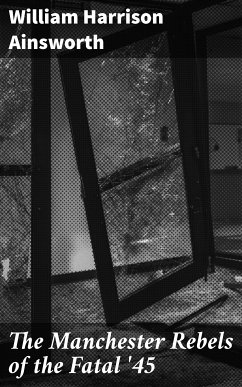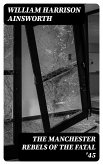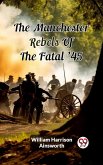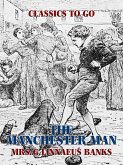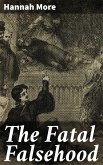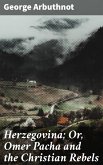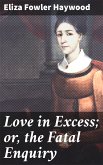In "The Manchester Rebels of the Fatal '45," William Harrison Ainsworth delves into the tumultuous backdrop of the Jacobite uprising of 1745, weaving together historical detail and vibrant characterizations. Ainsworth employs a rich, evocative literary style emblematic of the Victorian era, blending romance and adventure with pointed social commentary. Set against the industrial landscape of Manchester, the narrative intricately explores themes of loyalty, betrayal, and revolutionary fervor, illuminating the complexities of Jacobite identities amidst the ongoing struggle for dynastic legitimacy in Britain. Ainsworth, a prominent figure in historical fiction, drew from his own experiences and interests in antiquity and English history. Born in Manchester, his familiarity with the region's socio-political climate and industrial growth significantly influenced his storytelling. His passion for the dramatic events of the Jacobite risings reflects an acute awareness of the historical narrative's impact on contemporary society, allowing him to craft an engaging tale that marries historical significance with compelling fiction. This book is a captivating read for those intrigued by the intersection of history and literature. With its well-drawn characters and gripping plot, "The Manchester Rebels of the Fatal '45" will resonate with historians, literature enthusiasts, and casual readers alike, offering a fascinating glimpse into a pivotal moment in British history.
Dieser Download kann aus rechtlichen Gründen nur mit Rechnungsadresse in A, B, BG, CY, CZ, D, DK, EW, E, FIN, F, GR, H, IRL, I, LT, L, LR, M, NL, PL, P, R, S, SLO, SK ausgeliefert werden.

